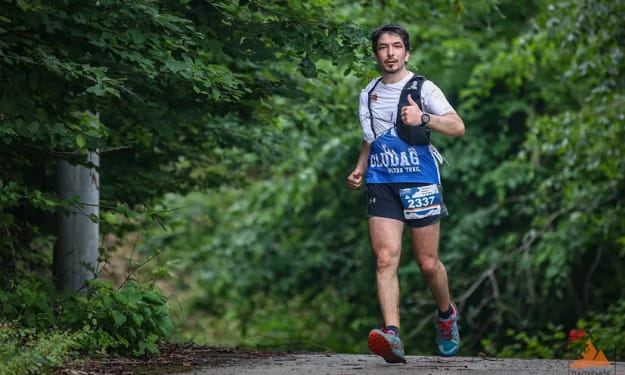Fighting Fake News
Sorting Fact from Fiction in Our Daily News

Once upon a time, news was something you heard on the radio, saw on TV, or read in the paper. Those were simpler times when the day's events were neatly packaged into scheduled broadcasts or printed pages. Trusted figures like Walter Cronkite became household names, guiding us through the complexities of the world with a steady voice and a commitment to the truth.
Fast forward to today, and the landscape has dramatically transformed. News pops up on our phones, computers, and social media non-stop, an endless stream of information that blurs the line between night and day, true and false. With this constant barrage, a new villain has emerged, as insidious as any fairy tale fiend – fake news.
Fake news is the modern wolf in sheep's clothing, an impostor dressed in the guise of truth. It's the story that incites outrage with a headline, the rumor that spreads faster than a wildfire, and the lie that's shared a million times before the truth has even had a chance to put on its shoes.
But why does this matter? The consequences of fake news are not limited to misinformation; they can be life-altering. Imagine making choices about your health based on a false article or casting a vote because of a fabricated scandal. The implications are as serious as taking a step off a cliff because the map you trusted was wrong.
To combat this flood of fibs, we must first understand where news comes from. Unlike the days of Cronkite, today anyone with an internet connection can be a publisher, regardless of their intentions or relationship with the truth.
The "why" behind fake news is often as murky as the stories themselves. Sometimes it's about profit. Sensational tales draw in readers, and with each click, there's potential for money to be made. Other times, it's about power, swaying public opinion to win an election or selling a product based on fear.
Enter the hero of our tale: media literacy. This is the modern-day sword that cuts through the deception, the shield against the onslaught of falsehood. It's about teaching our children and reminding ourselves to question what we read and hear. In schools, students are now being armed with the critical thinking skills needed to discern fact from fiction.
The call to pause and think critically is echoed by experts. They urge us to consider the plausibility of a story and to notice our emotional reactions. Fake news thrives on eliciting strong emotions to cloud judgment.
Fact-checkers stand as the vigilant sentinels in this battle for truth. They delve into the depths of each claim, verifying against the evidence, much like detectives sifting through clues to solve a mystery. Sites like Snopes and FactCheck.org shine a light on the falsehood, separating fact from fiction.
But here's the twist in our story: the responsibility doesn't lie solely with the gatekeepers. It's a collective endeavor. Each of us bears the onus to be discerning readers and cautious sharers. Much like a diet for the body, our minds require nourishing content over the junk food of sensationalism.
In our world, rife with tall tales and crafted narratives, our wisdom is our armor. It protects not only ourselves but our community from the snares of falsehood. Together, as everyday warriors in this fight, we can uphold the integrity of our shared reality, ensuring that our choices and our beliefs are grounded in what is genuine and factual, steering cliffs of deception.
If you find this piece helpful, please consider leaving a ❤️, or even a tip. Your support means a lot to me as a writer!
About the Creator
Mayes Daya
Hello! I’m Mayes your writer. I believe stories hide in the nooks and crannies of everyday life, and I love digging them out for you. My words are easy to chew on, like your favorite snack. No fancy jargon here—just clear, simple talk.
Enjoyed the story? Support the Creator.
Subscribe for free to receive all their stories in your feed. You could also pledge your support or give them a one-off tip, letting them know you appreciate their work.






Comments
There are no comments for this story
Be the first to respond and start the conversation.